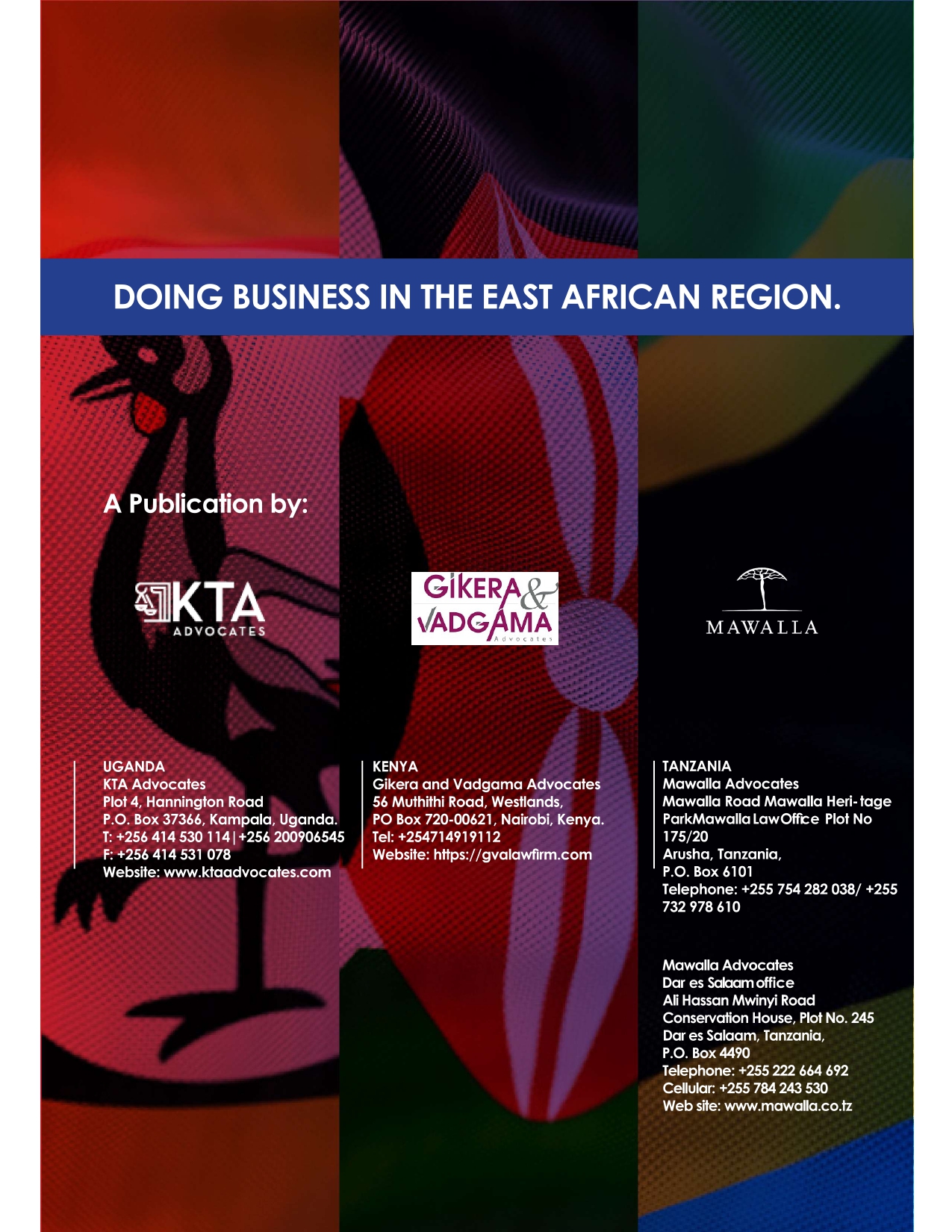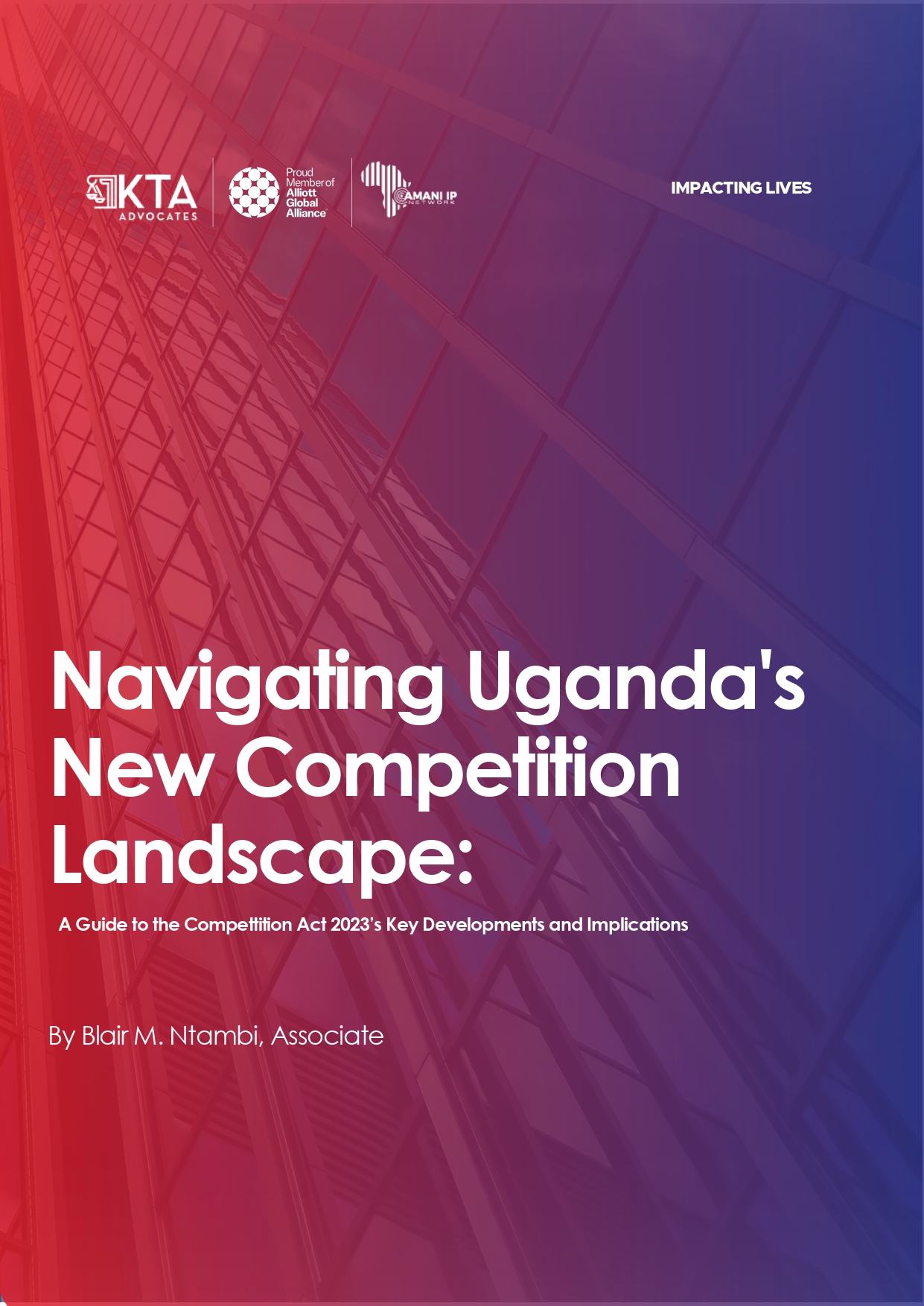Large infrastructure projects can occasion complex disputes and a failure to nip such disputes in the bud can a deal a death blow to a PPP project.
Therefore, proper dispute resolution mechanisms are of the essence. Dispute resolution is provided for under the Act. It provides in essence that any dispute between a contracting and private party should be settled as provided for in the Public-Private Partnership contract or as provided for in the Arbitration and Conciliation Act, Cap 4.
This particular provision is a standard provision based on international best practices; it acknowledges both the jurisdiction of the Courts to solve disputes and Alternative Dispute Resolution mechanisms like Arbitration and Mediation which are codified under Uganda’s laws.
The Act has its own procurement system, therefore, the fact that the dispute resolution provision does not in a special way provide for the procedure of resolving disputes that might arise during the procurement process is problematic. This leaves parties with recourse to the traditional dispute resolution processes for procurement disputes. There is need to borrow a leaf from the PPDA Act and set up for example a PPP Petitions Committee or Tribunal.
Furthermore, recourse to Ugandan Courts to resolve any disputes arising from a PPP Contract comes with its cons; how adept is Uganda’s judicial system in resolving disputes arising from Public-Private Partnerships? Is there any or enough expertise and personnel in the Judiciary that are schooled in the very technical area of Public-Private Partnerships?
I answer the aforementioned questions in the negative. Furthermore litigation with all its attendant disadvantages like the absence of confidentiality and delays could be a disincentive to investors.
As far as an ADR mechanism like arbitration is concerned; it is now widely accepted and as a number of studies have indicated that investors increasingly prefer arbitration to litigation as a form of dispute resolution. Arbitration comes with its benefits for investors such as confidentiality, it is a faster dispute settlement mechanism, has international conventions on enforcement of international arbitration awards, such as the New York Convention. It is also widely acknowledged as the most appropriate for complex transactions, where of course, PPP’s fall.
Comparatively, a country like France can comfortably exercise both Litigation and Arbitration as dispute settlement mechanisms in settling any disputes arising from Public-Private Partnerships. This is because not only does the country’s legal system have the requisite expertise, but also France is quite familiar with the murky area of International Commercial Arbitration; the country is home to the headquarters of the International Chamber of Commerce and Paris Centre for Arbitration and Mediation. Therefore Uganda as a country may not be able to sufficiently use Arbitration as a dispute settlement mechanism for purposes of PPP’s.
Uganda should strive to circumvent the problems many countries face Malaysia inclusive that have suffered as a result of not having detailed dispute resolution provision on PPP’s yet this is very important for investors.



